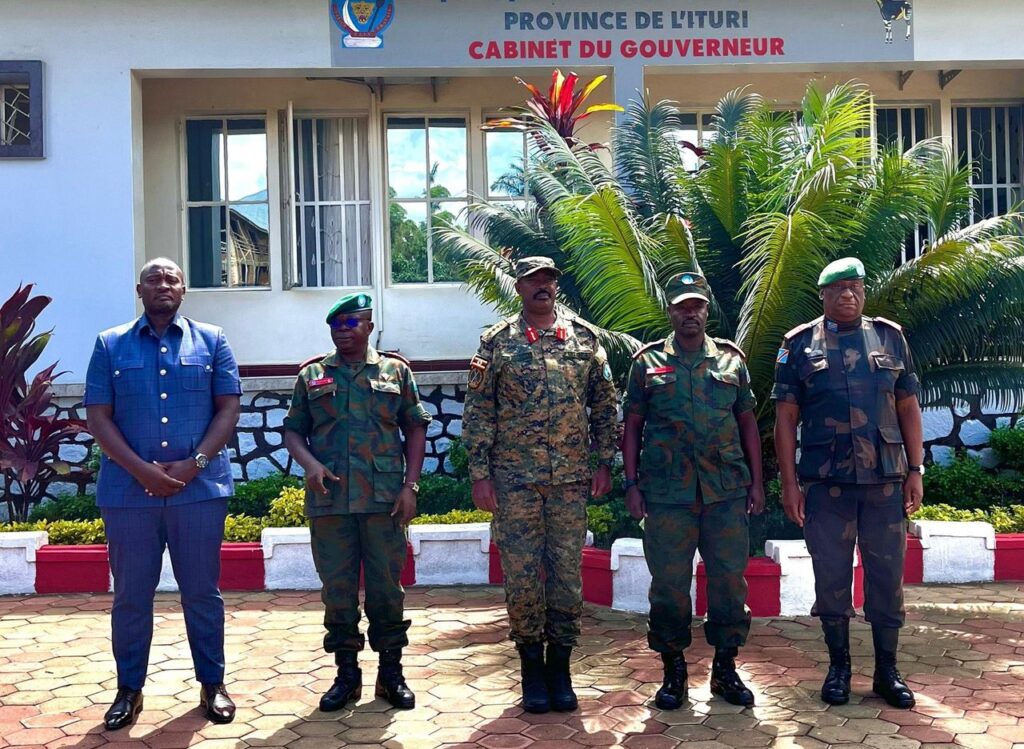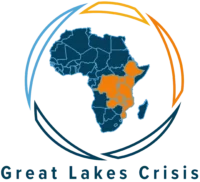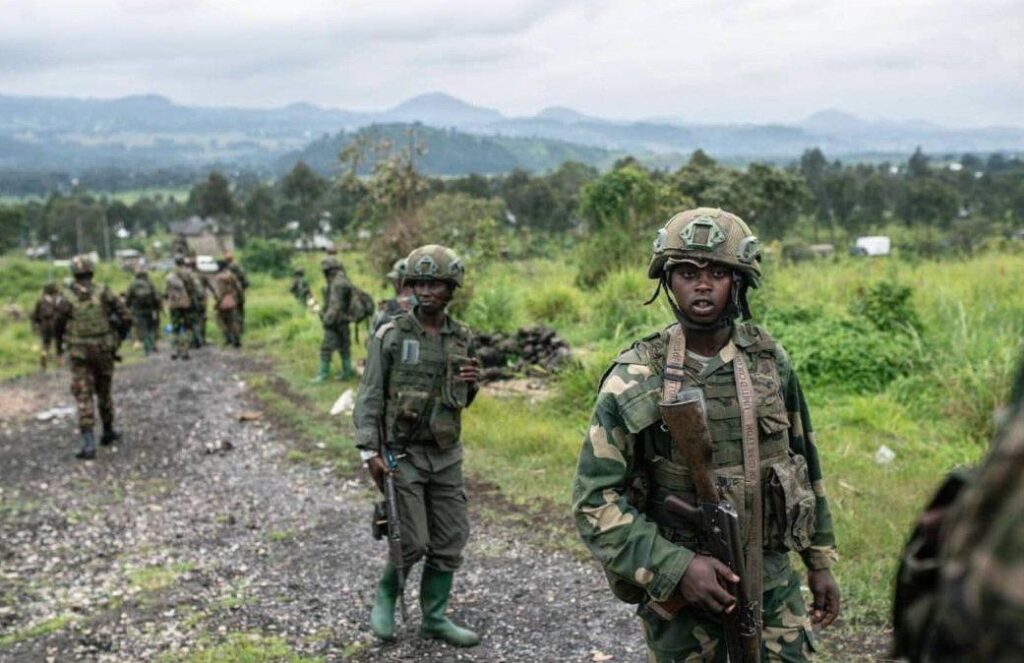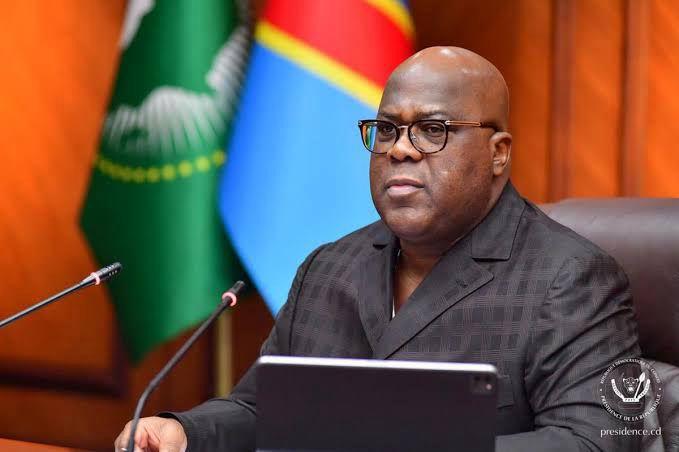For decades, the Democratic Republic of Congo (DRC) has served as a battleground for various armed groups, both local and foreign. While much of the discourse surrounding the conflict has centered on Rwanda’s involvement, Uganda’s role has often been overlooked. As a key regional player, Uganda has historically employed a dual approach; engaging in military interventions while simultaneously pursuing diplomatic initiatives.
This article examines Uganda’s role in the DRC conflict by exploring its strategic interests, military operations, and the tactical diplomacy it uses to navigate regional politics while protecting its economic and security concerns.
Uganda’s Strategic Interests in the DRC Conflict
Uganda’s engagement in the DRC conflict is driven by a mix of security, economic, and political interests. On the security front, Uganda has focused primarily on countering the threat posed by the Allied Democratic Forces (ADF), a rebel group originating from Uganda and operating in eastern Congo. The ADF has represented a serious threat to Uganda, prompting Kampala to justify its military incursions into the DRC as counterinsurgency measures against terrorism in the region (Gonzalez, 2025). These operations are often coordinated with Congolese forces, as seen with the Shujaa Operations launched in 2021, which underscore Uganda’s continued military presence under the banner of counterterrorism.
Economically, Uganda has long faced accusations of exploiting the DRC’s vast natural resources. Reports from the United Nations and various human rights organizations have linked Ugandan networks to the illicit trade of gold, timber, and other valuable minerals. Sacha Lezhnev(2025), a senior policy advisor and founding director at Grassroots Peace, alleges that Uganda exported a recorded $3.4 billion worth of gold in 2024, a significant portion of which originated from eastern DRC. Similarly, Zobel Behalal, a senior expert at the Global Initiative Against Transnational Organized Crime, argues that eastern DRC is vital to Uganda’s economy, suggesting that Uganda would take whatever measures necessary to safeguard its economic interests (Lewis & Rolley, 2025).Although the Ugandan government denies these allegations, its economic ties with the DRC remain strong. As a key trade partner in the Great Lakes region, Uganda continues to benefit substantially from the DRC’s rich natural resources.
Politically, Uganda has adeptly positioned itself as a mediator in the DRC conflict while maintaining considerable influence over various armed groups in the region. President Museveni’s government has performed a delicate balancing act by at times supporting rebel factions and at others engaging diplomatically with Kinshasa. This tactical diplomacy allows Uganda to assert itself as a regional power, influencing peace negotiations while securing its own strategic interests.
Tactical Diplomacy: Uganda’s Balancing Act
In contrast to Rwanda’s more direct military involvement in the DRC, Uganda has adopted a nuanced strategy that combines military action with strategic diplomacy. As East Africa expert Kritof Titeca from the University of Antwerp has asserted, this balancing act enables Uganda to maintain its influence in the region while managing its role in the ongoing conflict in the DRC (RFI, 2025).
A central component of Uganda’s tactical diplomacy is its involvement in mediation and peacemaking efforts. Uganda has hosted numerous peace talks aimed at resolving the DRC conflict, including the Kampala Dialogue between the DRC government and the M23 rebel group from December 9, 2012, to November 3, 2013; a joint initiative by the International Conference on the Great Lakes Region and the Southern African Development Community (State House Kenya, 2012). Although these diplomatic efforts are presented as endeavors to foster peace, critics argue that they often serve to mask Uganda’s ongoing influence over rebel movements in the region, allowing it to maintain a presence in the conflict while portraying itself as a neutral peace broker.
Additionally, Uganda has faced accusations of covertly supporting various armed groups operating in the DRC. Despite official denials from the Ugandan government, several reports have indicated that Ugandan networks are involved in supporting these groups; either directly or indirectly (Gonzalez, 2025). This alleged support has contributed to the persistent instability in eastern Congo, permitting Uganda to pursue its interests while retaining plausible deniability regarding its involvement.
Furthermore, Uganda has leveraged regional organizations such as the East African Community (EAC) and the International Conference on the Great Lakes Region (ICGLR) to bolster its legitimacy as a stabilizing force in the DRC. Through active participation in regional security initiatives, Uganda helps legitimize its military presence in the DRC, simultaneously deflecting accusations of interference and reinforcing its role as a key actor in the peace process.
Strategic Omission? Why Kinshasa Hesitates to Confront Uganda Directly on AFC/M23 Support
As seen in the video above, Muhindo Nzangi Butondo, a prominent Congolese politician and the current Minister of Rural Development, recently addressed civilians and the press in Swahili regarding the relationship between Uganda and the Democratic Republic of the Congo (DRC). He stated:
“The Ugandan army is not here to invade our country; they are here because they were invited by the DRC government. There is no conflict between Uganda and Congo. Even if you recently witnessed their entry at the border without our services being informed or present, these are minor communication issues that can arise between our two services.”
Despite clear evidence documenting the regular transit of AFC/M23 troops, vehicles, and military supplies through Ugandan territory (United Nations, 2024), President Tshisekedi’s government remains reluctant to confront Uganda directly over its alleged support for the AFC/M23 rebel coalition. This hesitancy stems from a combination of strategic, economic, and diplomatic considerations, which shape Kinshasa’s approach to managing its complex relationship with Kampala.
Militarily, Uganda and the Democratic Republic of the Congo (DRC) maintain an ongoing partnership, particularly through joint operations against the Allied Democratic Forces (ADF). A direct confrontation between the two countries could jeopardize this cooperation, potentially weakening the DRC’s ability to combat terrorist threats.
Furthermore, as shown in the image below, on March 28, 2025, the Congolese army (FARDC) and the Ugandan army (MODVA-UPDF) reaffirmed the necessity of expanding Operation Shujaa to Bunia and its surrounding areas, as well as to Mahagi and Djugu. This expansion aims to strengthen joint efforts in tracking down and neutralizing local armed groups operating in these regions.

Economically, Uganda plays a significant role in the region’s trade network, and Kinshasa may be reluctant to disrupt these economic ties; especially in the context of its membership in the East African Community (EAC).
Diplomatically, Uganda has maintained an ambiguous stance on the AFC/M23 issue compared to Rwanda, allowing Kinshasa to avoid a full-blown regional confrontation. Publicly accusing Uganda could upset the regional balance, potentially driving Uganda and Rwanda closer together and further complicating Kinshasa’s position. Moreover, Tshisekedi’s government is engaged in ongoing diplomatic peace processes, and a direct accusation might strain these delicate negotiations.
Kinshasa may also be cautious about engaging in a two-front conflict, as its military (FARDC) and its allies are already struggling with the AFC/M23 threat. Uganda’s historical influence in Congolese affairs, combined with international geopolitical considerations; such as Western interests in maintaining regional stability; further discourage an overt confrontation. Additionally, Uganda’s intelligence and security capabilities in the region mean that a direct challenge could provoke retaliatory actions, covert destabilization, or further escalations beyond the AFC/M23 issue. Given these complexities, Kinshasa appears to prefer a cautious approach, keeping both diplomatic and military options open rather than directly accusing Uganda.
Muhoozi Factor
General Muhoozi Kainerugaba, the son of Ugandan President Yoweri Museveni and the current Chief of the Uganda People’s Defense Forces (UPDF), has repeatedly made provocative statements on social media with significant implications for Uganda’s role in the DRC conflict, particularly regarding the AFC/M23 rebel coalition.
On Sunday, March 23, 2025, after the AFC/M23 captured another strategic city in North Kivu; Walikale Center, approximately 400 km from Kisangani; Muhoozi declared on his official X account, “the UPDF will not oppose the capture of Kisangani by the AFC/M23. But they will have to act fast; otherwise, we will do it ourselves.” He further tweeted, “In one week, the M23 or the UPDF will be in Kisangani on the orders of Yoweri Museveni, Commander-in-Chief of the UPDF!” and “People of Kisangani, we are coming to your help; the Army of God is coming.”
Muhoozi’s rhetoric suggests that Uganda may be willing to intervene militarily in the DRC, presenting itself as a stabilizing force while subtly endorsing the territorial advances of the AFC/M23 rebel coaltion group. His public statements, which criticize the DRC’s security management, shape public perception and emphasize Uganda’s strategic interests in the region, such as preserving its influence and protecting its security against groups like the ADF and CODECO militia.
There is no doubt that Muhoozi’s comments reflect Uganda’s broader foreign policy objectives, underscoring its role in the Great Lakes region. Although the Ugandan government officially maintains a diplomatic stance, Muhoozi’s outspoken remarks hint at a more complex and possibly military engagement in supporting the AFC/M23. His influence exemplifies the convergence of military and diplomatic strategies, adding further complexity to the already delicate regional dynamics.
Conclusion
Uganda’s role in the DRC conflict is characterized by a paradox. On one hand, Uganda has contributed to regional security through joint operations against the ADF and CODECO militia; on the other hand, it faces persistent allegations of covertly supporting the AFC/M23 rebel coalition, which undermines its claims of neutrality. President Museveni has publicly denied these allegations, framing Uganda’s military actions as solely focused on counterterrorism.
However, if evidence of Uganda’s support for the AFC/M23 continues to accumulate, it may indicate that Uganda is pursuing a strategy aimed at exerting influence over the resource-rich eastern regions of the DRC rather than addressing purely security-related concerns. This dual approach highlights the complexity of Uganda’s role in the DRC and the broader regional dynamics, where military and diplomatic strategies intertwine to safeguard national interests.
Works cited
RFI. (2025, 03 23). DRC CRISIS. From Uganda: the Quiet Power in the eastern DRC Conflict: rfi.fr
Lewis, D., & Rolley, S. (2025, February 4). Reuters. From Uganda sends 1000 more Soldiers to east Congo near M23 cnflict,sources say: reuters.com
Gonzalez, J. C. (2025, August 2). DW. From Uganda deploys troops to DR Congo to repel militias: dw.com
Maddocks, J. (2025, February 06). Lieber Institute Westpoint; Articles of War. From The conflict in eastern DRC and the State responsibility of Rwanda and Uganda: lieber.westpoint.edu
United Nations. (2024, June 4). United Nations Security council. From Group of experts on the Democratic Republic of Congo.
State House Kenya. (2012). Joint ICGLR-SADC Final communique on Kampala Dialogue. Nairobi: International Conference on the Great Lakes region & Southern African Development Community.
Lezhnev, S. (2025, March 30). From All of the gold flows to the United Arab Emirates. https://x.com/sashalezh/status/1906321490166817220?s=46&t=BFdtw-_tZmCaPitzbhzPNw



Pingback: DRC-Rwanda ‘Washington Peace Agreement’: All to Make America Great Again? | SAUTI YA UJAMAA